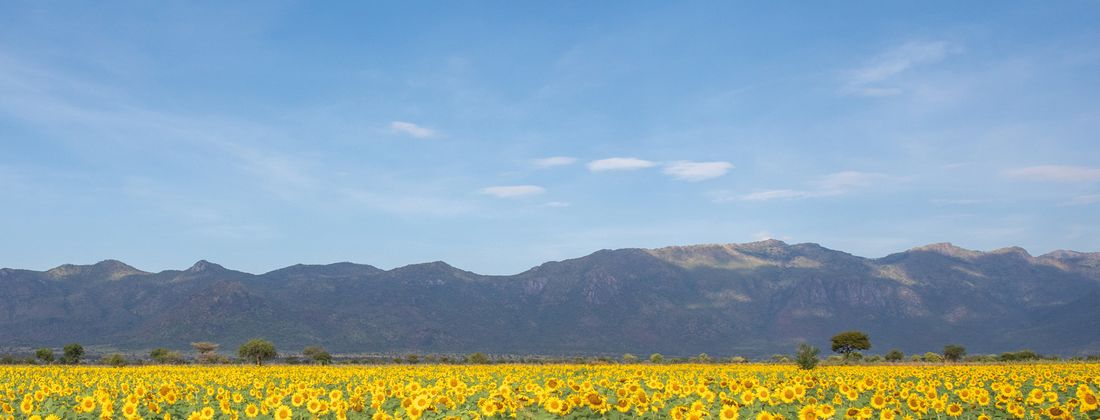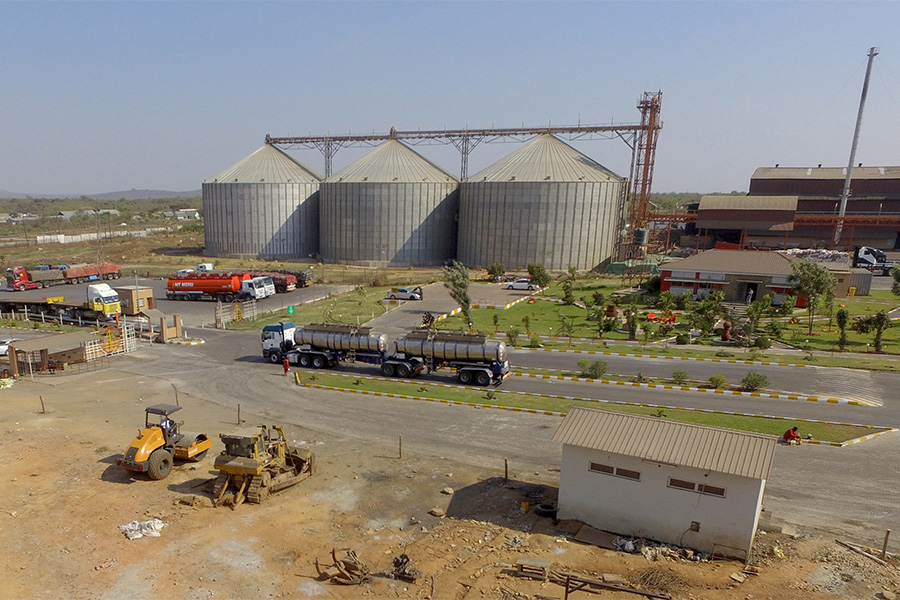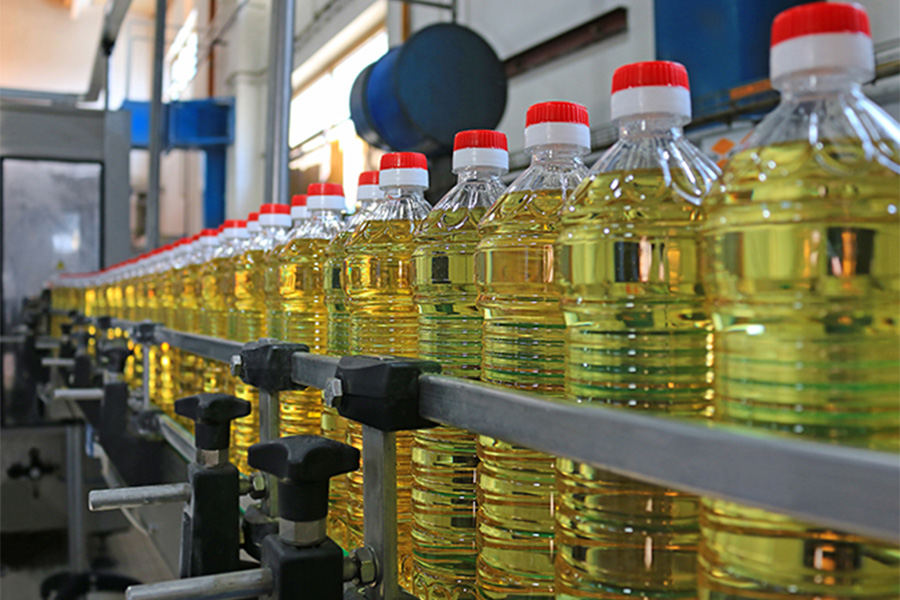
Country: Zambia
Type of investment: Direct Investment Company
Purpose: Loan for expansion of existing facilities
Financial close: February 2019
Tenor: 7 years
Type of Investment: Capex Expenditure Financing
S&E Category: B
On 28 February 2019, AATIF closed a USD 5m loan facility agreement with a tenor of seven years, for Mount Meru Millers, a leading edible oil producer in Zambia. AATIF’s loan will be used to fund the expansion of the refinery as well as the (silo) storage, processing and packaging capacity of the company.
Mount Meru is part of a larger group of companies active across Africa which started its operations in 1978 in Tanzania as a family business and has since expanded operations to cover multiple countries and sectors. Today, Mount Meru Millers in Zambia produces edible oils and feed cakes, as well as several smaller by-products from soya, sunflower, cotton and palm oil.
The company is a key contributor to the development of the agro-processing sector in Zambia and further continues to be a critical player for smallholder farmers. Over the years Mount Meru has continuously increased its direct purchasing capacity from smallholder farmers in Zambia producing soya, sunflower and cotton. Therewith the company has continued to provide farmers with a stable off-take market and an opportunity for farmers to diversify away from maize production – the main crop for farmers in Zambia to date. At its own initiative the company has over the years developed an out-grower scheme for the farmers through which it provides inputs, partially training and acts as an off-taker for the final produce. In the 2019/20 season, Mount Meru managed to buy soya, sunflower and cotton from over 25,142 farmers. Together with AATIF, the company now seeks to further grow its relationship with the farmers by expanding the outreach and by improving the additional services provided in terms of inputs and training. Ultimately the goal is to improve farmer yields and production capacity – which would not only be to the benefit of the farmers, but also in view of Mount Meru, is the most sustainable way to secure supply for its growing processing capacity.
Technical Assistance Project Highlight
Design of a sustainable smallholder cotton outgrower scheme
Challenge: Mount Meru typically sourced its crops from medium to large scale Zambian farmers but is looking to increase its reach to smallholders.
TA Intervention: To identify an efficient best practise design and to develop a plan for the implementation of a sustainable large-scale outgrower scheme for smallholder farmers who reliably supply Mount Meru with crops on a cotton-based rotation scheme.
Result: This project is ongoing but will ultimately support Mount Meru to increase its local sourcing of cotton and other crops in Zambia.


Photo credits: Mount Meru Millers

Local processing
450
Daily soybean crushing capacity of MT
200
MT Daily Sunflower and cotton crushing capacity
400
MT Daily capacity for refining soya, sunflower, cotton and palm oil

OUTREACH TO AGRICULTURAL PRODUCERS
95 %
Percentage of inputs (sunflower, cotton and soybean) that Mount Meru Millers sources from smallholder farmers
25,000
Mount Meru purchases soya, sunflower and cotton from over 25,000 smallholder farmers per annum

Number of employees
105
Female employees
315
Male employees
Mount Meru Millers has a workforce of 420 employees, comprised of 315 male employees (75%) and 105 female employees (25%).

TECHNICAL ASSISTANCE FACILITY
The TA Facility has supported Mount Meru through the implementation of four TA projects in total since 2018, this includes one rapid appraisal study to assess the impact of the AATIF investment. The results are concluded in the IMPACT Brief.
TA Facility Projects
2018
Resettlement and livelihood restauration audit
2018
Coordination of the Mount Meru Resettlement Action Plan
2020
Rapid appraisal study of the AATIF investment in Mount Meru Millers
2020
Expert consultant for the design of a sustainable smallholder cotton outgrower scheme
-
(208.0 KiB)
- Figures are based on latest available self-reported data by investees and data collected by AATIF’s collaboration partners
- Figures are subject to change as and when additional information becomes available
- Figures reported here are not replacing rapid appraisals / impact evaluations that are done in addition

